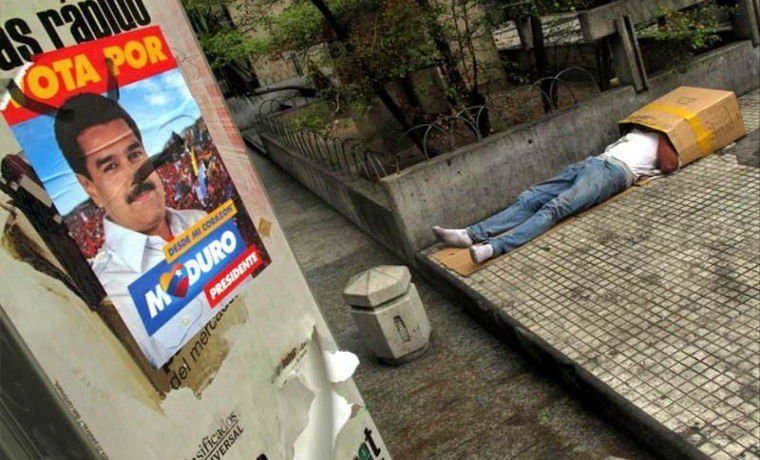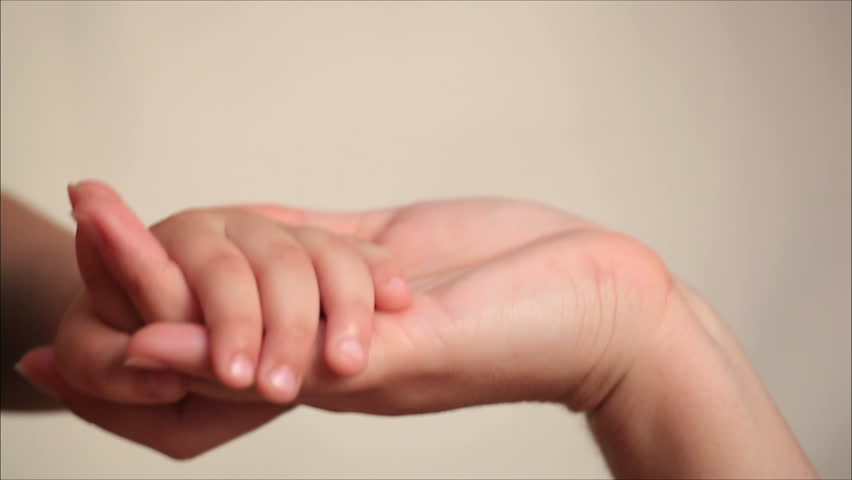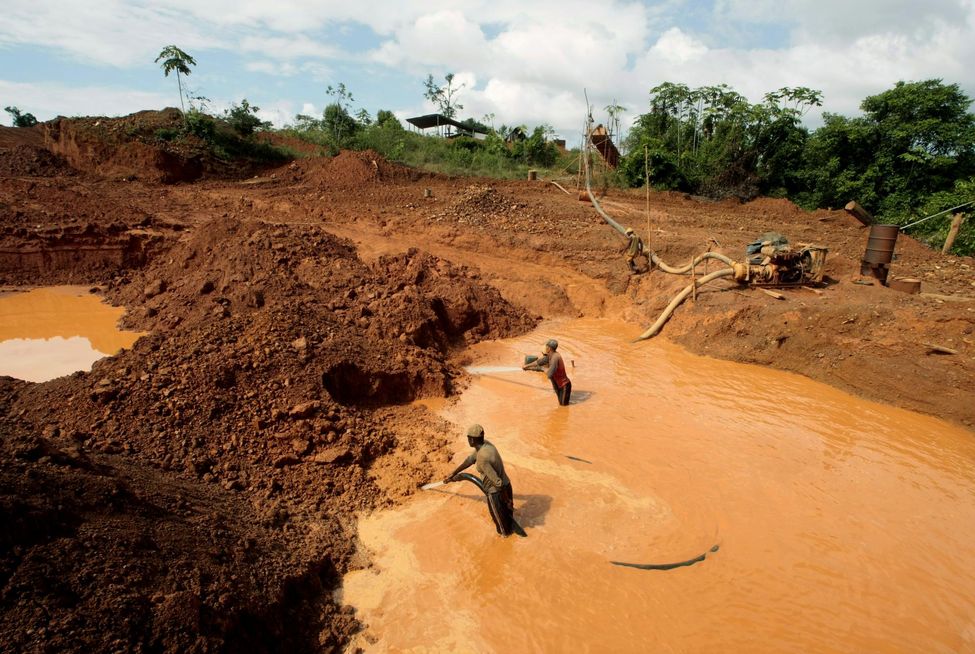During his first month as Colombia’s Ambassador to Venezuela, Armando Benedetti has taken over some of the narratives of the Maduro regime in Venezuela. “Right now, Benedetti seems more like an agent of Venezuelan interests than a representative of Colombia”, said Victor Mijares, professor of political science at the Universidad de Los Andes.
In addition to his work to reestablish relations with Venezuela, Benedetti has gone further on to become a spokesman for the controversial lies of Chavismo:
1. “The alleged Venezuelan exodus”.
During his first week as ambassador, Benedetti spoke about his role in handling the Venezuelan migration crisis during an interview with NTN24. “We will be very willing to do whatever has to be done to address or, at least, halt the alleged exodus [from Venezuela]” he said.
According to UNHCR, the UN migration agency, 6.8 million Venezuelans have left the country since 2018. The largest exodus in the history of South America has touched Colombia particularly, with 2.2 million Venezuelans residing in the country, according to the national migration agency Migración Colombia.
However, the most prominent figures of chavismo have denied this large-scale migration problem. In 2018, Maduro’s vice president, Delcy Rodríguez, stated that “a normal migration flow has sought to be turned into a humanitarian crisis to justify international intervention in Venezuela.”
In recent years the Maduro regime has begun to acknowledge the reality of migration, but with the use of figures that underestimate it. A 2021 estimate [by the Venezuelan government] put the number of migrants since 2018 at less than 660,000.
However, even officials of the Chavista government have abandoned the outright denial of the situation and now attribute migration levels to international sanctions.
2. The ambassador also attacks the opposition
Benedetti has violated one of the basic principles of diplomacy, non-intervention in internal affairs. The ambassador told Semana magazine that the Venezuelan opposition leader, Juan Guaidó “is nobody” and for that reason, he is not contemplating a meeting with him or with other representatives of the opposition in Venezuela. “Juan Guaidó does not exist either here or there”, Benedetti said.
Since his first week in the position, the Colombian ambassador warned that he will not meet with Guaidó nor with the opposition unless the ruling Chavismo requests a meeting.
Benedetti has mocked the opposition on Twitter and hinted at corruption in the management of the Colombia-based petrochemical Venezuelan company Monómeros during the opposition-led administration.
As revealed by an independent UN mission, the Venezuelan opposition has been the target of crimes against humanity committed by the Maduro regime in the form of imprisonment, torture and sexual abuse against dissidents. Also, the Chavista government has taken over all democratic spaces in the courts and the National Assembly, closed critical media and manipulated elections.
3. Venezuelan Migration “stimulated by the Colombian government”.
On the nature of Venezuelan migration, Benedetti also bought into the Chavista narrative on how other countries’ campaigns are partly responsible for Venezuelan migration.
In an interview with Blu Radio, the ambassador said that Venezuelan migration was stimulated by the Colombian government after the authorities said that people could live better in Colombia and improve their living conditions”.
This narrative resembles Maduro’s theory about how migration, the handling of the pandemic and the human rights situation in Venezuela are part of “media campaigns” against the country.
In 2019, Maduro told the BBC that “because of those campaigns, some Venezuelans thought of looking for an alternative abroad”.
4. “Poverty is a result of the barbaric sanctions” against Venezuela.
In a recent interview with BLU, Benedetti blamed the economic sanctions on Venezuela, promoted by the United States, for the precarious economic situation of the people in that country.
According to Benedetti, “what is happening here is that poverty is caused by such barbaric sanctions, I am terrified by such harsh sanctions (that) cause companies to go bankrupt and the collapse of everything”.
In the same interview, he minimized the humanitarian crisis in Venezuela, where poverty is estimated at 95 percent. According to Benedetti, “it is the same poverty as in Colombia. I don’t understand why they believe that poverty there is better than here, paradoxically”.
This is the same narrative that Maduro has defended when it comes to the impact of the “criminal sanctions”, as he calls them, on the Venezuelan economy. In October 2021, he stated that the sanctions “have been giving rise to a situation of progressive economic suffocation that has deeply wounded the core of the nation, severely affecting our population”.
However, long before the sanctions, skyrocketing inflation had reached almost 3,000% as a consequence of price controls and the deterioration of the oil industry due to public corruption. Even today, after several months of economic recovery and sitting on the largest reserves in the world, the Chavista government extracts less oil than Colombia.
5. “The figures show that Venezuelans are returning to their country”.
On the occasion of the opening of the commercial border between Norte de Santander in Colombia and the state of Táchira in Venezuela, the ambassador told the media that the “figures show that many Venezuelans are returning to Venezuela”.
This phrase responds to the Plan Vuelta a la Patria (Back to the Homeland Plan), organized by Maduro’s Foreign Ministry to guarantee the safe return of Venezuelan migrants to their country. According to the program’s figures, about 340,000 migrants have returned to Venezuela.
However, according to Migración Colombia, the number of Venezuelan migrants has increased in 2022. An estimated 512 thousand Venezuelans entered Colombia in 2021, but this figure had already exceeded 547 thousand by September 2022.
Maduro has endorsed the narrative of a return to Venezuela since the beginning of the migration crisis in 2018. The Venezuelan president has said that Venezuelans decide to return due to xenophobia in hots countries or even the inability of foreign governments to control the covid pandemic.
On September 21, Maduro announced that more than half of Venezuelan migrants had already returned to their country.
Translated by José Rafael Medina




